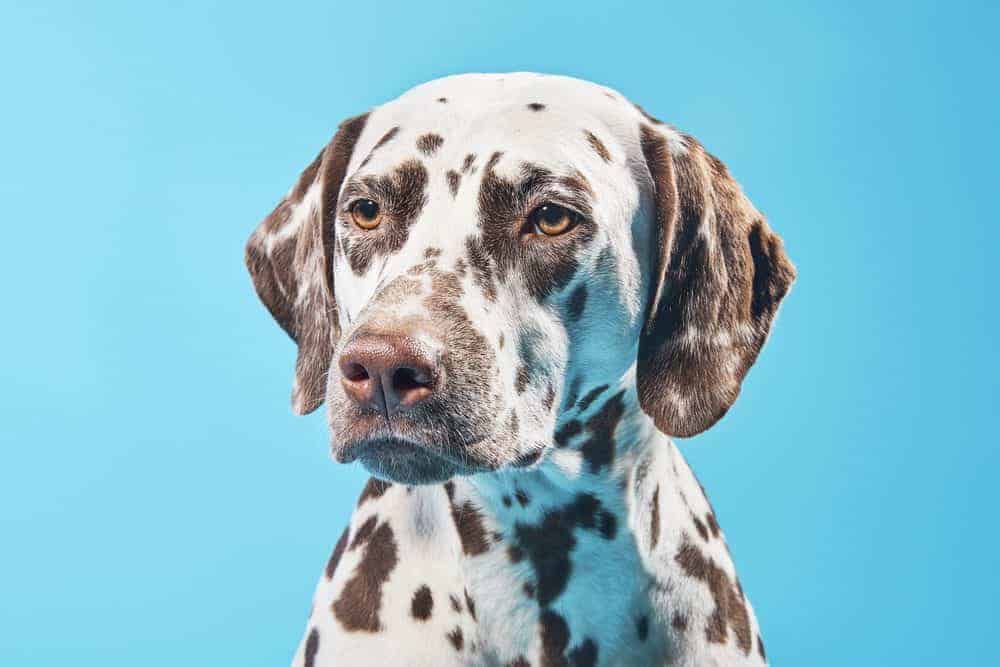
According to researchers at the University of California, it’s a scientific fact that dogs get jealous when they see their owners display affection towards other canines. While many dog owners who have witnessed this type of behaviour in their own pet may be shrugging their shoulders at these ‘findings’, there’s a bit more to it. What’s interesting about this research is that it provides further insight into the intelligence of canines. Scientists have generally seen jealousy as an emotion that requires complex cognition, usually only attributable to humans.
Researcher Christine Harris, a professor at the University of California, San Diego, said: "Many people have assumed that jealousy is a social construction of human beings – or that it's an emotion specifically tied to sexual and romantic relationships. Our results challenge these ideas, showing that animals besides ourselves display strong distress whenever a rival usurps a loved one's affection."
Ignore me at your peril
The researchers observed dogs exhibiting jealous behaviours – such as pushing in and snapping – when their owners showed affection to a realistic animatronic dog that barked, whined and wagged its tail. The same response was not seen when owners interacted with random objects – a pumpkin and a book. The results suggest that the dogs' jealous behaviour was triggered by social interaction, not just by their owners ignoring them.
If you have a dog that just can’t bear it when your attention is turned to another canine or person, what can you do? The answer is to figure out how to manage this behaviour. The last thing you want is for it to escalate into full blown aggression.
Identify the triggers
By working out what triggers a jealous response from your dog you can begin to work on resolving it. For example, it could be another dog or a stranger coming into your home, such as a new baby or partner – anything that makes your dog feel pushed out and no longer at the centre of your universe.
Understand the motivation
Jealous dogs are likely to be insecure, seeing other dogs or people as a threat to their relationship with you. Therefore, it’s important that you spend time with them to keep them happy and feeling loved and secure, as well as helping them learn to manage their instinctive behaviour.
Here are some strategies to try:
- When another dog or person that your dog reacts badly to is present, try to involve both of them together, talking to each of them and alternating attention, so that neither feels left out.
- Reduce any avoidable causes of stress, such as special toys or chews that require guarding. Make sure that the other dog or person allows your dog to have his personal space, does not tease him or take his toys, and does not dominate or scare him.
- Encourage your dog and the other canine or human to begin to interact with each other. Things should be taken slowly so that each can gradually accept each other and begin to build a relationship.
- It’s fine to tell your dog a stern ‘no’ if they try to push in, bark or draw attention to themselves, then try to ignore this type of behaviour. When they eventually stop acting up and become calm, give them lots of praise. Resist the temptation to give in to attention-seeking behaviour just to keep the peace as this will simply reinforce bad habits.
- It’s well worth going back to basics with training, so your dog spends some quality time listening and interacting with you, getting plenty of praise when they are well behaved and calm.
Call in the experts
Jealousy, demonstrated by pushy behaviour or attention-seeking barking can be annoying. While it’s normal for dogs to guard resources that matter to them, such as toys, chews, or a favourite person, if this escalates into growling or snapping, it’s time to call in the experts. A professional canine behaviourist can work closely with you, your dog and your family to identify the triggers causing jealousy and coach you on what you can do about it, safely and sensibly for all parties involved.
Ask your vet for advice and a referral to the Association of Pet Behaviour Counsellors, a network of experienced and qualified pet behaviour counsellors who work on referral from veterinary surgeons to treat behaviour problems in dogs and other pets. You can also find an Association of Pet Dog Trainers qualified dog trainer in your area here >>
Find out more about tackling possessive behaviour in your dog here
Sources: eurekalert.org, pets4homes.co.uk, apbc.org.uk














